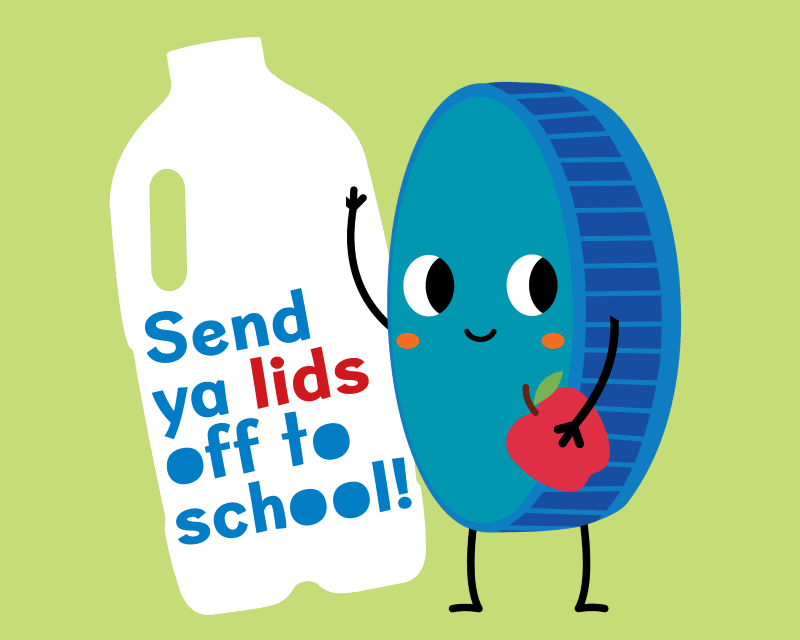Waste minimisation initiatives
Agrecovery Rural Recycling
Agrecovery Container recycling provides a safe and fully compliant programme for the recycling of plastic agrichemical, biological, animal health and dairy hygiene containers.
You can contact Agrecovery for further information on Agrecovery Chemicals and other rural recycling programmes on offer, visit www.agrecovery.co.nz or contact Agrecovery on 0800 247 326.
For household or garden chemicals please contact your local council, as these are not subsidised under the Agrecovery Chemicals programme.
Love Food Hate Waste
Every year Kiwis sent 157,398 tonnes of food to landfill, all of which could have been eaten or used for other purposes, like your compost bin. Not only is wasting food costing us money, it is also bad for the environment. Love Food Hate Waste has tips and recipes to help you reduce your food waste and save money. Have a look at the yummy recipes for leftover food from your last meal!
Living Plastic Free
Are you looking to reduce plastic in your life? Plastic Free July has some great solutions to reduce plastic at home, work and school. “Think about it. Why would you make something that you’re going to use for a few minutes out of a material that’s basically going to last forever, and you’re just going to throw it away. What’s up with that?” Reference - Jeb Berrier, Bag it Movie.
Plastics 3, 4, 6 & 7 cannot be recycled in New Zealand as we do not have any market for it.
Plastic 3 includes soft plastics like what crackers come in.
Plastics 4 includes semi-soft plastics like what some condiments come in, like mustards or some tomato sauces.
Plastics 6 includes plastic containers like the small yoghurt containers.
Plastics 7 includes some soft plastics like what pasta can come in.
E-Waste
E-waste is a term applied to electronic equipment that is no longer functional or necessary. It includes small appliances, printers, televisions and computer waste (keyboards, screens etc). It is estimated that 80,000 tonnes of E-waste is disposed of into NZ landfills every year.
Council works with E-cycle Limited who provide environmentally friendly recycling of electronic products or E-waste. SDC subsidises the cost of this process to help make it easier and more accessible for our residents.
E-waste can be dropped off at the Stratford Transfer Station for a fee.
Home composting
It is estimated that almost 60% of Stratford’s kerbside collection waste sent to landfill is organic material, which can break down in a natural environment. This material cannot break down in a landfill as this needs oxygen, moisture and living organisms to biodegrade fully. Landfills are lined with heavy duty liners so that nothing can reach the soil surrounding it. This creates an environment that has no oxygen so natural decomposition cannot occur.
The best way to dispose of food scraps and organics is in your own back yard through composting, worm farms, bokashi or chickens!
Learn more about home composting.



